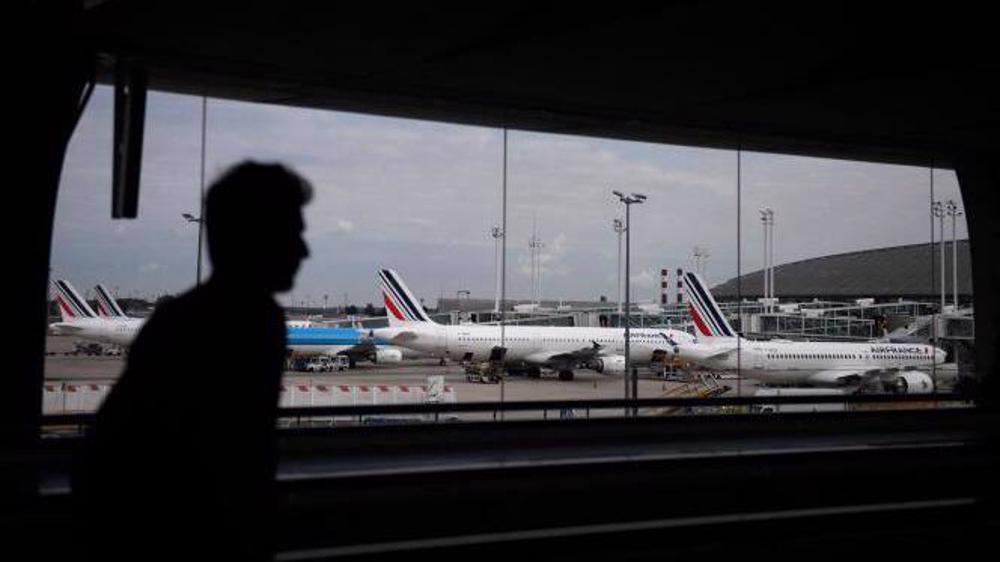Catalan separatists' rebellion trial closes
The four-month trial of Catalan separatist leaders accused of rebellion or disobedience for trying to make their region independent from Spain ended on Wednesday.
The 12 defendants have been in the dock in Madrid every week since February, in a case that rattled the Spanish state and laid bare bitter divisions in the country.
Thousands of supporters took to the streets of Barcelona in the evening to express their solidarity with the "political prisoners".
"When the sentences are handed down, we will have to engage in massive civil disobedience," said Silvia Macia, one of the protesters.
The Supreme Court has scrutinized their role in organizing an illegal referendum on secession and a short-lived declaration of independence in October 2017.
The court is not expected to pronounce its judgement until later in the year.
Their supporters say the "political prisoners" are being repressed by the Spanish state while the accused have already talked of taking their case to the European Court of Human Rights.
Opponents say they broke the law and put Spain's unity in peril in the country's worst political crisis since its transition to democracy in the 1970s.
'Prosecuted for my ideas'
Surveys indicated that around 47 percent of people in Catalonia favor independence for the wealthy northeastern region.
Nine of the defendants are charged with rebellion, including Catalonia's former vice-president Oriol Junqueras, who risks 25 years in jail.
In his last comments to the court on Wednesday, Junqueras was defiant.
"Voting... and defending the republic from a parliament can not be a crime," he said.
"Do you really think that the Catalans will end their struggle for their right of self-determination because of a legal decision," said Jordi Cuixart, another of the accused.
The three other defendants face lesser charges of disobedience and misuse of public funds.
Some of the key figures in Catalonia's independence drive have been behind bars for more than a year and a half pending trial.
Catalonia's former president Carles Puigdemont, the main protagonist of the secession attempt, was conspicuously absent after he fled Spain.
In Puigdemont's absence, his former deputy Junqueras, 50, has been the lead focus of the case.
Prosecutors retorted that the defendants were on trial for having broken the law not for their opinions.
Despite being in detention, Junqueras was elected as a lawmaker in the national parliament in an April general election along with four other fellow defendants. They were later suspended from parliament.
On May 26, Junqueras was also elected to the European Parliament and he says he hopes to keep that post, although how that will happen remains to be seen.
The trial's chief prosecutor, Javier Zaragoza, has said the secession bid was a "coup d'etat" aimed at "wiping out the Spanish constitution."
Earlier this year, Spain's Prime Minister Pedro Sanchez was forced to call a snap election on April 28 after his 2019 budget failed to be voted through. Catalan separatist lawmakers had refused to back it, partly in solidarity with those on trial.
(Source: AFP)
UN expert calls for arms, oil embargo against Israel
VIDEO | Press TV's news headlines
Iranian police drone strikes kill 2 terrorists in Sistan and Baluchestan
VIDEO | TikTok ban
VIDEO | In Nigeria, more than 100 inmates escape after rain damages prison
Russia says weighs downgrading ties with US if assets are seized
Houthi: US complicit in all Israeli crimes against Palestinians in Gaza
‘Europe could die’, President Macron warns at Sorbonne University









 This makes it easy to access the Press TV website
This makes it easy to access the Press TV website